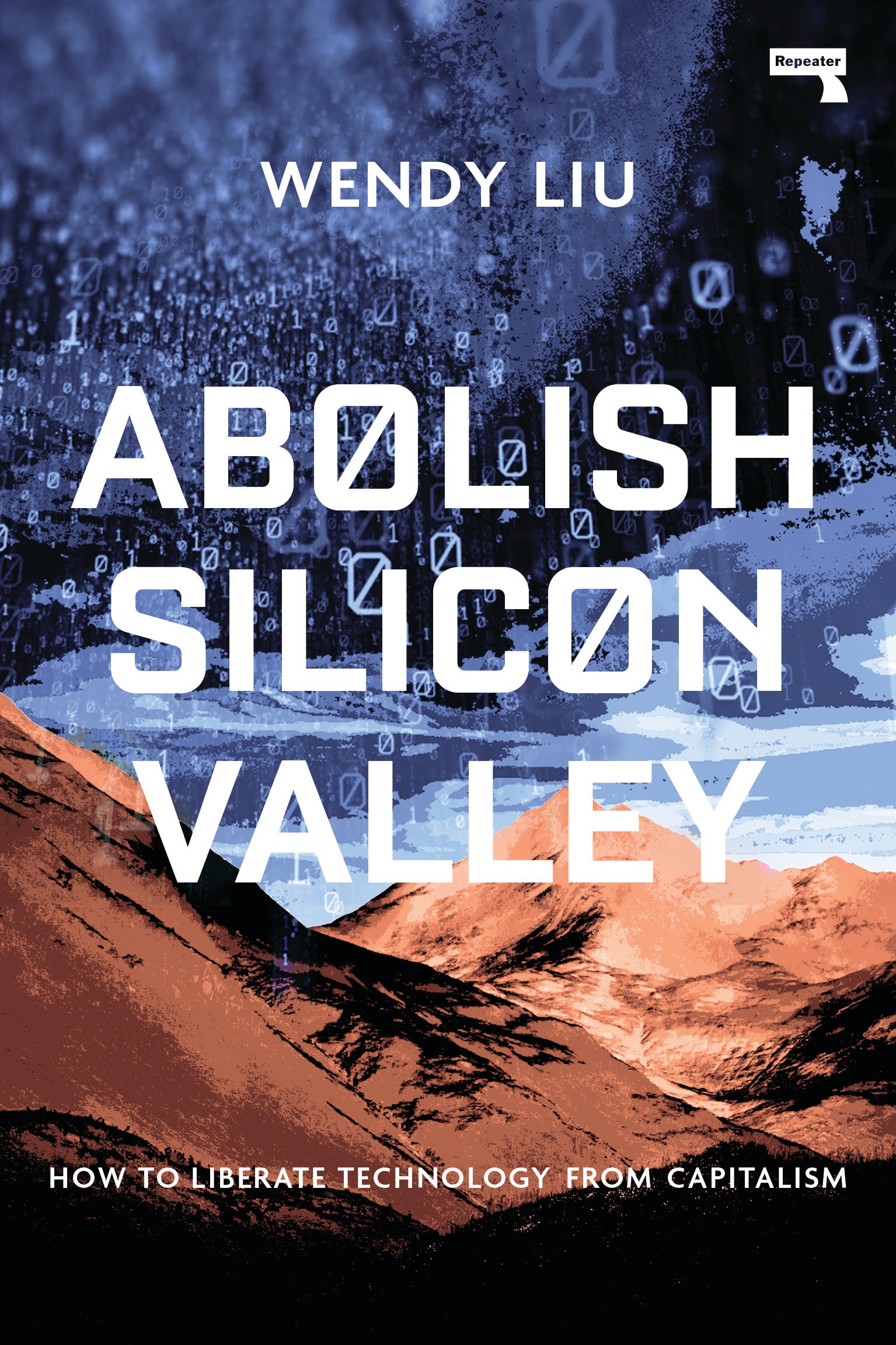What do you think?
Rate this book


244 pages, Paperback
First published March 23, 2020
Leonard Schapiro, writing on Stalinism, warned us that “the true object of propaganda is neither to convince nor even to persuade. But to produce a uniform pattern of public utterances in which the first trace of unorthodox thought reveals itself as a jarring dissonance.”…So, where do we even start for communicating dissident views? Well…
During the five months of negotiating at the Eurogroup on behalf of Greece, I bore the brunt precisely of this type of propaganda. My attempts to infuse some rational humanism into the negotiations on my country’s fiscal and reform agenda were met with a concerted effort to turn our sensible proposals into a “jarring dissonance.” It is quite remarkable, and somewhat disheartening, that an insightful line once written about Stalinism has so much resonance today in the corridors of power in Brussels, Frankfurt and Berlin.
((i) an institutional analysis of the problem, and (ii) a programmatic manifesto as a gesture towards a solution)(i) was sprinkled throughout this memoir, which is indeed more of Ms. Liu's personal journey through the Free Open Source Software movement and into—and then very much out of—the startup world (via time interning with Google), and